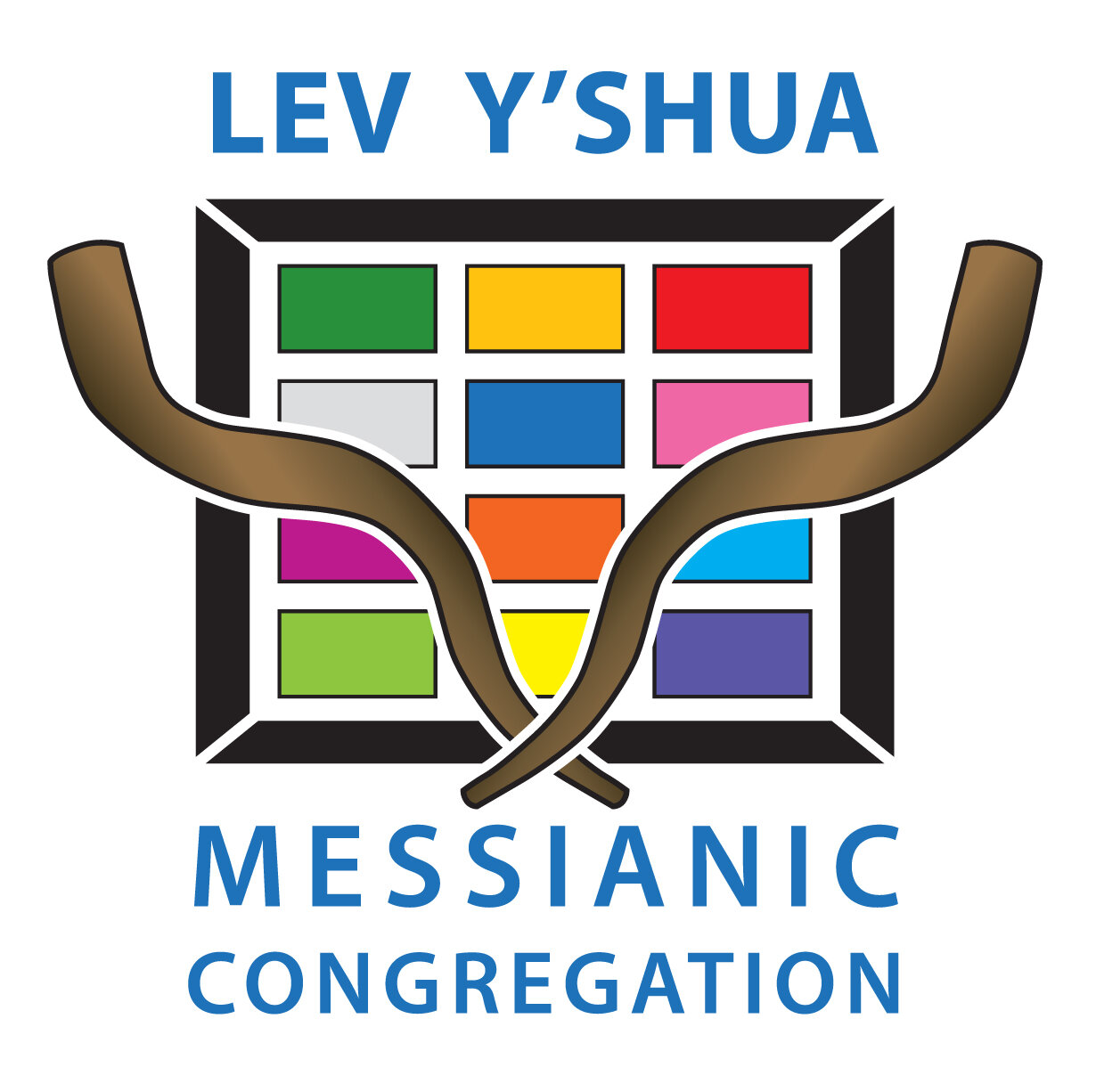Uncle Mordecai
Consider the events surrounding Purim as described in the book of Esther, particularly, Esther’s Uncle Mordecai and his Spirit-led actions and guidance, but first some initial thoughts to be pondered:
In the book of Esther, 9:26, the word Purim is designated for the title of this non-Levitical feast. We do well to consider Purim in remembrance of the deliverance of our Jewish Brethren from imminent destruction as recorded in this book. No Jewish Remnant, no Messiah.
Purim comes from pur which translated means lot. This refers to how Haman determined on which day the Jews were to be massacred. The International Standard version (ISV) translates it well in Esther 3:7, “In the twelfth year of the reign of King Ahasuerus (who is identified as King Xerxes in world history), in the first month (the month of Nisan), the pur (that is the lot) was cast in Haman’s presence to determine the best day and month to carry out his plot. The lot indicated the twelfth month, the month Adar.” Thus, we see a miracle as Elohim turns around something meant for the destruction of His people and utilizes even the very terms employed to bring glory to Him by turning a planned day of destruction into a day of victory and joy.
Queen Esther’s Hebrew name was Hadassah, which translated means Myrtle. Interestingly, Myrtle is one of the species we wave before the Almighty during Sukkot. The name Esther on the other hand derives from “star” in Persian and could be the derivative of the name of the Near Eastern goddess Ishtar, the deity of love and fertility from which we derive the word Easter.
In antiquity, it was not unusual for a conquering nation to rename captives. Often gods were regional and if an army defeated a kingdom, then their god was considered more powerful than the god of the conquered kingdom, thus it was understood you were to give obeisance to this new deity as their god was bigger than your god! Renaming individuals was part of this obeisance process. We see this same principal in the book of Daniel with the renaming of Daniel, Hananiah, Mishael, and Azariah which are powerful Hebrew names proclaiming the El of Israel. So to, the name Hadassah speaks to the splendor, beauty, excellency, and majesty of Yah. Hadassah!
Now, on to “Uncle” Mordecai. He is the adoptive father of his cousin Hadassah. They are in captivity in a foreign land roughly 70 years after the destruction of the first temple and we see that Mordecai is as “wise as a serpent yet gentle as a dove” in how he conducted himself amid wolves. (Mat 10:16)
Like Daniel, who prayed three time a day even though a decree for such wordship was pronounced against his actions, Mordecai paid homage to his God and King Yahweh and refused to pay homage any to man by bowing to him. Mordecai instead proclaims himself a Jew and by inference one who worships the Elohim of Israel only and not man.
Yet, Mordecai honored the authority in place over him by exposing the plot to kill king Ahasuerus. Yahweh used this event to initiate judgement upon Haman.
Mordecai bore the burdens of his people when he learned of Haman’s decree by tearing his clothes and putting on sackcloth and ashes and crying aloud in a bitter cry. He recognized the anti-Semitic and evil nature of this decree.
Previously, in wisdom Mordecai instructed Hadassah, now known as Esther, to not reveal her kindred or people to the palace. Thus, she was available to usher Yahweh’s assistance to her people when the time came. Yet her response to the dire situation took some prompting from Mordechai when she initially faltered. As he encouraged her with these words; “Do not think to yourself that in the king's palace you will escape any more than all the other Jews. For if you keep silent at this time, relief and deliverance will rise for the Jews from another place, but you and your father's house will perish. And who knows whether you have not come to the kingdom for such a time as this?" Est 4:13-14
Through Mordecai’s encouragement Esther gained the strength to act proclaiming she was willing to give her life on behalf of her people stating, “If I perish, I perish”. Accordingly, we know the results procured through fasting and prayer, including:
